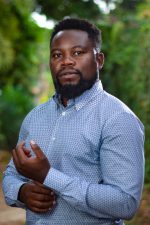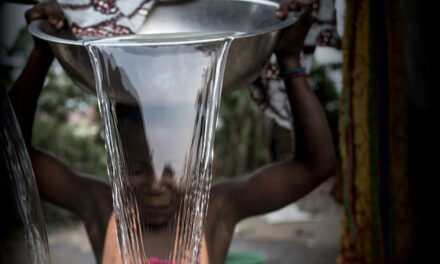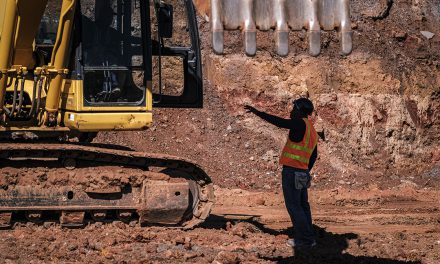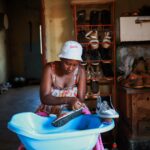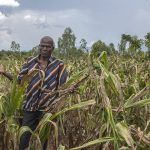Corruption is not merely an economic crime; it is an act of violent dispossession. It is the art of turning the machinery of the state into a private ATM, a heist executed in broad daylight under the banner of governance.
Few cases encapsulate this grotesque alchemy better than the rise and fall of Isabel dos Santos, Africa’s erstwhile richest woman, whose empire was built on the arteries of Angola’s oil wealth, siphoning off billions while her compatriots languished in deprivation.
Yet, this is not just Angola’s tragedy, it is Africa’s. The Dos Santos saga is a parable of grand corruption, where elite impunity thrives through financial secrecy, weak regulatory oversight, and transnational enablers. From Angola to Zimbabwe, Nigeria to South Africa, kleptocrats leverage state resources for personal gain. This article unpacks these layers, examining what lessons can be drawn for the continent from the Dos Santos case and why an International Anti-Corruption Court (IACCourt) is imperative.
Angola’s corruption landscape is shaped by its post-civil war elite, where power and wealth remain concentrated within the ruling MPLA party. The Dos Santos dynasty, led by former President José Eduardo dos Santos, epitomised the fusion of state and personal fortune. Isabel dos Santos, his daughter, was installed at the helm of Sonangol, Angola’s national oil company, and granted stakes in telecommunications, banking, and retail sectors. Her rise was not an entrepreneurial success story but a textbook example of state capture.
Through presidential decrees, sweetheart contracts, and regulatory gymnastics, Dos Santos controlled a sprawling empire, valued at more than $2 billion at its peak. The mechanisms were crude but effective: front companies securing public contracts, state-backed loans never repaid, and an elaborate offshore network that obscured the money trail. These financial instruments, sanctioned by Angola’s ruling class and facilitated by global banks and consultancy firms, transformed public wealth into private assets.

Photo: Olia Danilevich / pexels.com
Dr Prosper Maguchu, an anti-corruption scholar based in the Netherlands, argued at a Catholic Academic Exchange Service scholars’ workshop in southern Africa that “corruption at this scale represents structural violence that entrenches inequality and weakens democracy”.
Courts increasingly recognise grand corruption as a human rights violation yet, across Africa, political elites manipulate judicial systems, ensuring accountability remains elusive while impunity thrives.
When José Eduardo dos Santos stepped down in 2017, his successor, João Lourenço, sought to distance himself from the era of unchecked kleptocracy. One of his flagship efforts was a sweeping anti-corruption drive, with Isabel dos Santos as its primary target. Angolan courts froze her assets and an international legal battle ensued as the government attempted to claw back the billions looted from state coffers.
The turning point came in January 2020 with the release of the “Luanda Leaks” by the International Consortium of Investigative Journalists. This exposé unveiled more than 700,000 documents detailing how Dos Santos and her associates exploited Angola’s wealth for personal gain. The leaks revealed a network of more than 400 companies and subsidiaries in 41 countries, many in secrecy jurisdictions, enabling the movement of funds across borders with minimal oversight.
Yet, asset recovery remains a herculean task. The Dos Santos fortune, like most illicit wealth, had already been laundered through European banks, shell companies in tax havens, and real estate holdings in Dubai, London, and Lisbon. Western financial institutions, eager to profit from the boom years of Angola’s oil wealth, had turned a blind eye to glaring red flags.
While some progress has been made – Portugal has seized her assets, the UK has imposed a £580-million global asset freeze, and legal battles rage across multiple jurisdictions – these efforts remain painstakingly slow, bogged down by legal manoeuvring and the labyrinthine nature of international financial networks. Each recovered asset represents a small victory in a much larger war, where those who enabled the looting in the first place often remain untouched.
The challenges facing Angola in reclaiming Dos Santos’s fortune find a striking parallel in Nigeria’s long struggle to recover the billions looted by former military ruler Sani Abacha. More than two decades after his death, Nigeria has clawed back only a fraction of the stolen funds, with Switzerland returning just over $1 billion after years of legal wrangling. Other funds remain scattered across secretive accounts in Luxembourg, the Channel Islands, and beyond, their return obstructed by legal technicalities and the unwillingness of financial institutions to part with ill-gotten gains.
The cases of Dos Santos and Abacha underscore a grim reality: while stolen wealth moves swiftly through the arteries of the global financial system, its return is an excruciatingly slow and uncertain process, one that often favours the looters over the looted.
Zimbabwean journalist Hopewell Chin’ono, who was jailed for 45 days after exposing corruption in Zimbabwe’s $60-million Covid-19 personal protective equipment (PPE) scandal, dubbed “Draxgate”, became a prime target of government persecution. His revelations implicated the health minister and political surrogates in the looting of pandemic funds.
Following his reporting, anti-riot police stormed Chin’ono’s home, camping outside for two days before his arrest. Chin’ono later recounted on X how the state’s response underscored the deep entrenchment of corruption and impunity in Zimbabwe.
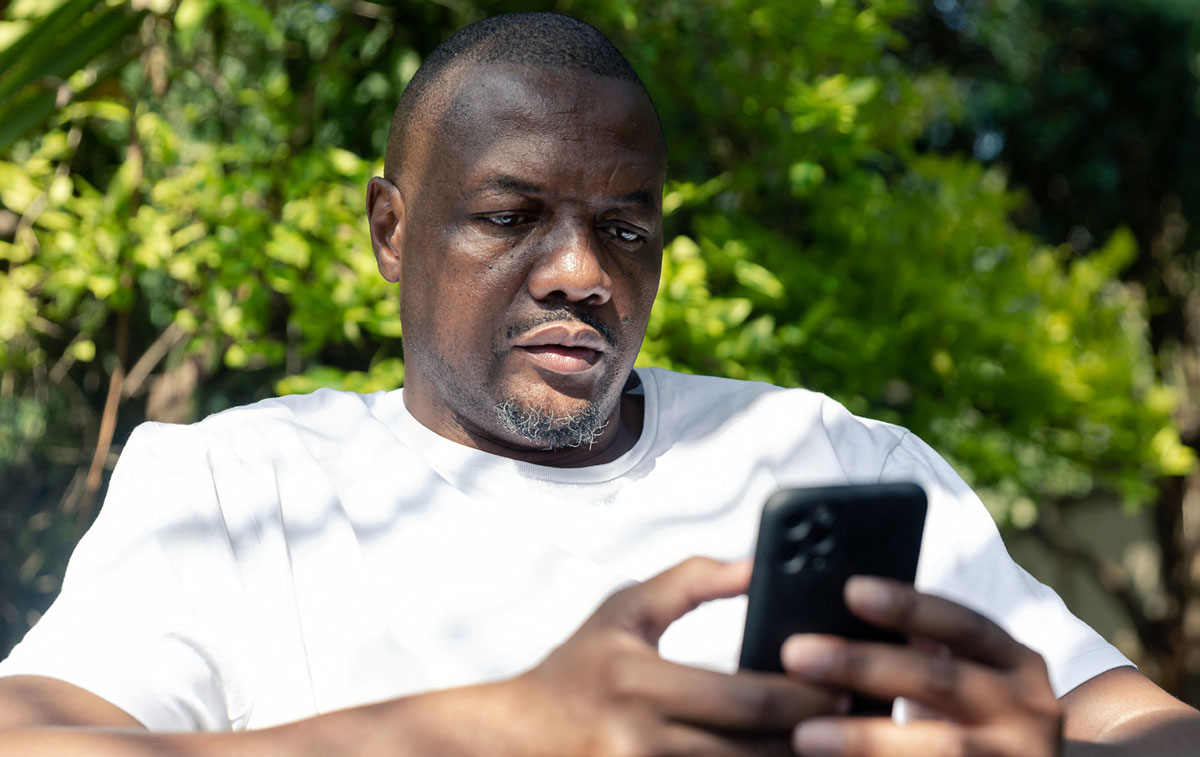
Zimbabwe journalist Hopewell Chin’ono, a day after he was released on bail from Chikurubi Maximum Prison, in November 2020. Photo: Jekesai Njikizana / AFP
The mechanisms he uncovered – state capture, offshore laundering, and a vast network of enablers – mirror those seen in the Dos Santos case in Angola. But this pattern of repression is not unique to Zimbabwe and Angola.
Anti-corruption activists across Africa, from Rafael Marques in Angola to John Githongo in Kenya, have faced imprisonment, legal harassment, and threats for daring to expose powerful interests. Time and again, African governments have shown a greater commitment to silencing whistleblowers than to prosecuting the corrupt, reinforcing a system where impunity thrives and accountability remains elusive.
The 1Malaysia Development Berhad (1MDB) scandal in Malaysia offers a striking parallel to Angola’s experience, highlighting the transnational nature of grand corruption. Established in 2009 as a state investment fund, 1MDB was intended to spur economic development and infrastructure growth. Instead, it became a conduit for embezzling more than $4.5 billion, implicating high-ranking officials, international financial institutions, and global business elites.
This scandal unfolded in a manner eerily similar to the Dos Santos case, with funds siphoned through a sophisticated network of offshore entities, shell companies, and high-profile financial institutions. The proceeds funded lavish lifestyles, including luxury real estate in Manhattan, Beverly Hills, and London, multimillion-dollar paintings, and even Hollywood productions such as The Wolf of Wall Street.
Much like the Dos Santos affair, complicit financial institutions played a pivotal role in laundering stolen funds. Goldman Sachs, one of the world’s largest investment banks, was fined $2.9 billion for its involvement in underwriting fraudulent bonds linked to 1MDB. Similarly, European and African financial entities enabled the movement of illicit funds in the Dos Santos case, illustrating how systemic weaknesses allow corruption to flourish globally.
Where the two cases diverge is in the response from international actors. The 1MDB scandal saw swift intervention from US and Swiss regulators, leading to major asset seizures and criminal convictions. Former Malaysian Prime Minister Najib Razak was convicted and sentenced to 12 years in prison, a stark contrast to Angola, where dos Santos continues to fight legal battles from exile.
This disparity underscores a fundamental problem: unequal enforcement of anti-corruption laws worldwide. While Malaysia’s legal institutions, backed by strong international support, ensured some degree of accountability, Angola has faced greater difficulty in bringing Dos Santos to justice, partly due to political hesitancy and legal loopholes in asset recovery mechanisms.
According to the Corruption Perceptions Index (CPI) 2024, compiled by Transparency International, several African nations remain among the worst-ranked countries, indicating high levels of perceived public-sector corruption. The “Gold Mafia” scandal in which Al Jazeera investigators exposed the mechanics of transnational corruption in 2023, revealed how Zimbabwean elites, South African and Dubai-based financiers, and global bankers moved illicit wealth with impunity.

Photo: Baac3nes / Getty Images
At the heart of these schemes is state capture, where political elites manipulate judicial systems, ensuring that institutions meant to hold them accountable become their shields instead. But what happens when domestic justice is a mirage? What recourse exists when those who should be in the dock control the judges, the police, and even the prisons?
An IACCourt could fill the enforcement void that allows grand corruption to persist. Unlike national courts shackled by political interference, the IACCourt would exist beyond individual jurisdictions, ensuring that no leader, no business mogul, and no hidden hand remains untouchable.
One of the biggest challenges in fighting corruption is asset recovery. An international court with the authority to coordinate cross-border legal efforts could force financial institutions to comply with asset repatriation efforts, rather than turning a blind eye or citing jurisdiction issues.
Equally urgent is the need to close the gaping loopholes that allow financial institutions to serve as laundromats for stolen wealth. Corrupt elites thrive on anonymity, hiding fortunes behind shell companies and complex offshore structures. Regulatory reforms are essential, ensuring transparency in corporate ownership so that stolen assets cannot be stashed away with ease.
Perhaps most importantly, an IACCourt could serve as a deterrent: if those in power know there is a real risk of standing trial, the calculus of corruption changes. The cost of stealing billions, once negligible in a world where impunity reigns, might suddenly outweigh the benefits.
The fight against corruption is a pan-African priority, shaping development, governance, and public trust across the continent. The Dos Santos case is not just a cautionary tale – it is a call to action. Exposing corruption is not enough; Africa must build legal frameworks that dismantle it.
To achieve real accountability, African nations must strengthen domestic anti-corruption agencies, push for financial transparency, and support initiatives like the IACCourt. But corruption is not just an African problem, it is a global crime. The international community must move beyond symbolic asset freezes and take concrete steps to dismantle the financial networks that sustain kleptocracy.
This means not just prosecuting figures like Isabel dos Santos, but also holding the banks, consultants, and legal firms that facilitate these crimes accountable. Only then can Africa reclaim its stolen wealth and forge a future built on transparency, justice, and sustainable development.
In the end, corruption is not just about money. It is about stolen healthcare, ghost schools, and shattered dreams. It is about entire generations trapped in cycles of poverty while a privileged few thrive. And if justice is to mean anything, it must be pursued relentlessly, across all borders.
Adio-Adet Dinika is a writer, researcher and affiliated PhD Fellow at the Bremen International Graduate School of Social Science (BIGSSS). His areas of interest are Digitalisation and the Future of Work. He has published opinion pieces on Digitalisation and socio-economic development in several print and online publications, and his first unpublished novel, They like us dead, was long listed for the 2021 James Currey Prize for African Literature. He is currently based in Bremen, Germany.


